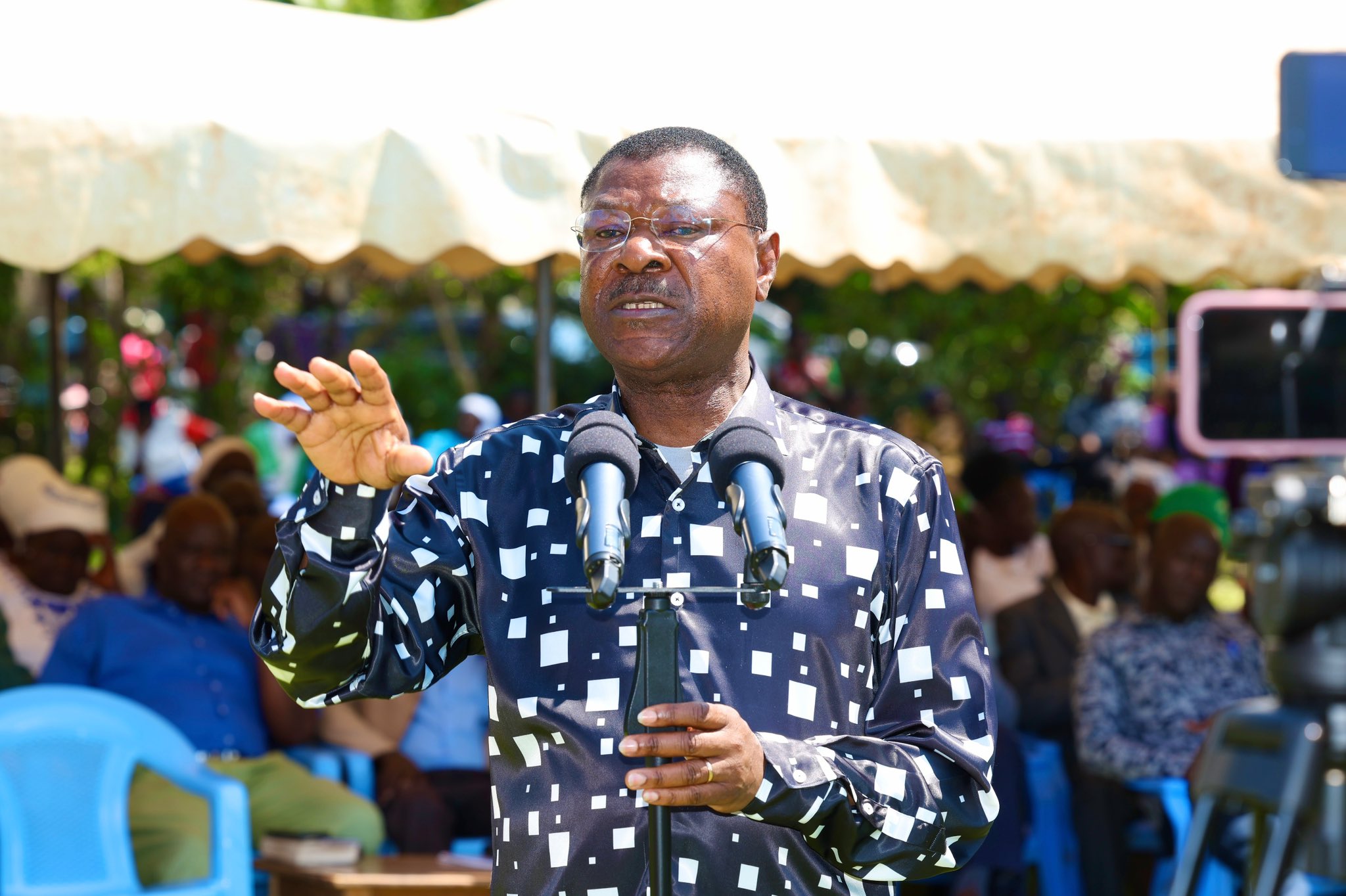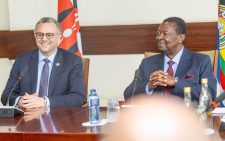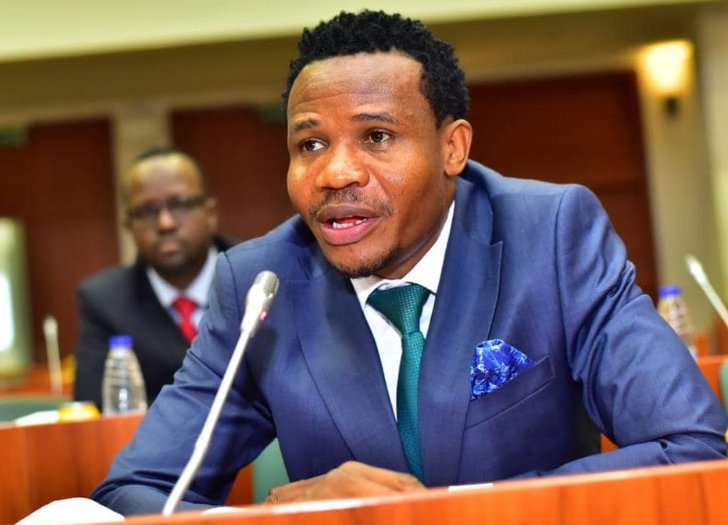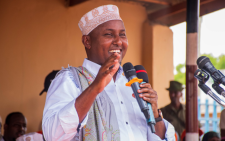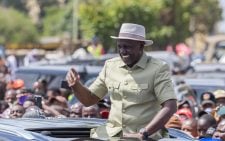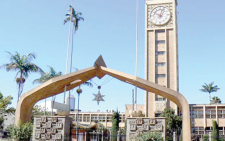How the world’s super-rich could help end poverty
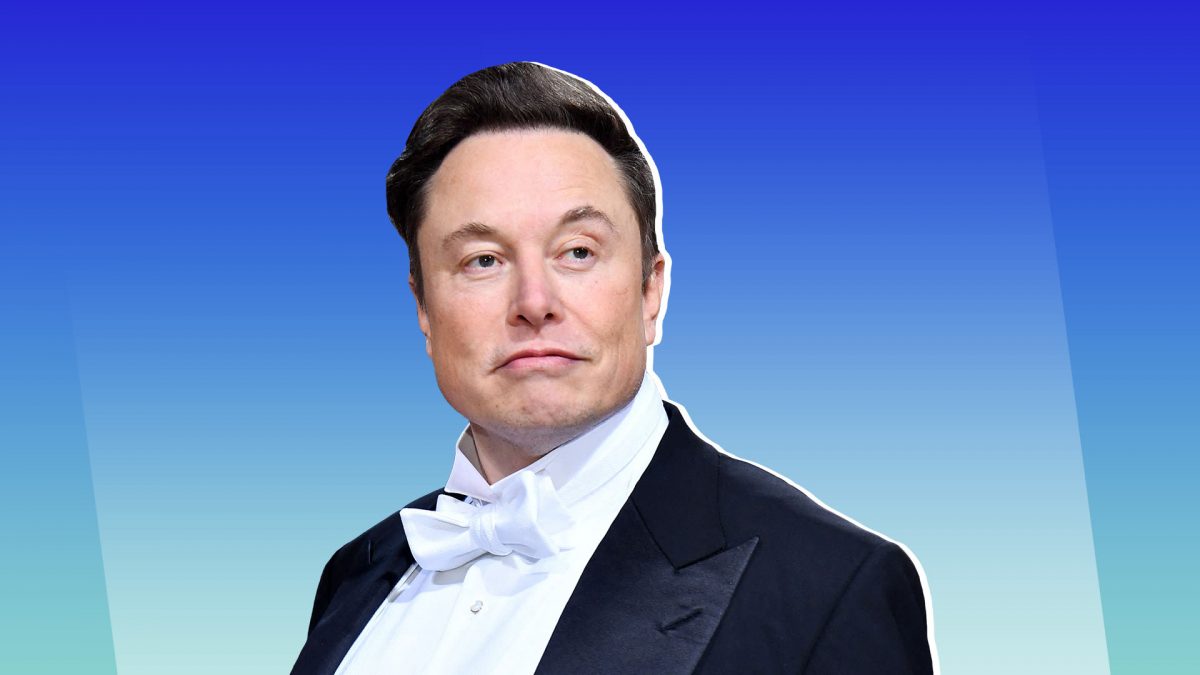
The richest and most influential leaders on the Planet have this week kickstarted their annual World Economic Forum in Davos, Switzerland.
This comes even as a new startling report by Oxfam shows the world’s richest one per cent grabbed nearly two-thirds of all new wealth worth $42 trillion created since 2020, almost twice as much money as the bottom 99 per cent of the world’s population.
As food and energy prices skyrocketed out of reach for the billions of poor citizens, especially in Africa in the recent past, the report shows billionaire wealth surged in 2022 with 95 food and energy corporations having more than doubled their profits last year alone, making $306 billion in profits, and paying out $257 billion (84 per cent) of that to their rich shareholders.
A tax of up to only five per cent on the world’s multi-millionaires and billionaires could raise $1.7 trillion a year, which is enough to lift two billion people out of poverty. And therein lies the most puzzling question – what is so hard about doing the right thing and taking care of the vulnerable?
Compared to what the wealthy have, five per cent is negligible.
Lifting two billion people out of poverty is a good proposition that the business elite ought to pursue, if not for its morality then for the business case.
As global wealth inequality continues to expand, efforts by the rich to grow their wealth will neither be feasible nor sustainable in the long run without lifting the world’s poor into the middle-class segment to enhance their purchasing power.
Last year, the African Development Bank noted that the middle-class Africans have tripled to 313 mil-lion or approximately 34 per cent of the continent’s population over the last 30 years. While this is a momentous change in the right direction, it also means that 66 per cent of Africans are still vulnerable and instituting measures to deliver them to the middle class segment will decidedly assure us of more vigour in our development efforts and contribution to the global basket.
The broadening of the middle class in the global south will be one of the primary forces that will sustain the global economy and propel it into a more sustainable future while creating more wealth.
100 million people were recorded to be displaced last year, the highest figure in history. 80 per cent of the world’s displaced people are in countries affected by acute food insecurity, poverty and malnutrition.
These people will continue to try their best to get to the developed world in search of a better life for as long as the prospects remain grim at home.
In Africa, we have many countries torn between funding critical development areas like education, healthcare, agriculture and security, and their debt repayment obligations. The continent, which has little or nothing to do with some global situations like inflation, Covid-19, the war in Ukraine or climate change, ironically bears the brunt of the consequences.
The whole idea behind Davos is to bring together stakeholders all around the world to discuss matters aimed at solving the world’s problems and make a positive impact in the world.
There can be no positive impact where only one party, in this case the rich, is winning at the expense of the poor. Indeed, if only one party is winning, we are both losing.
—The writer is the Managing Director at Strategic Communications Management firm Callar PR

